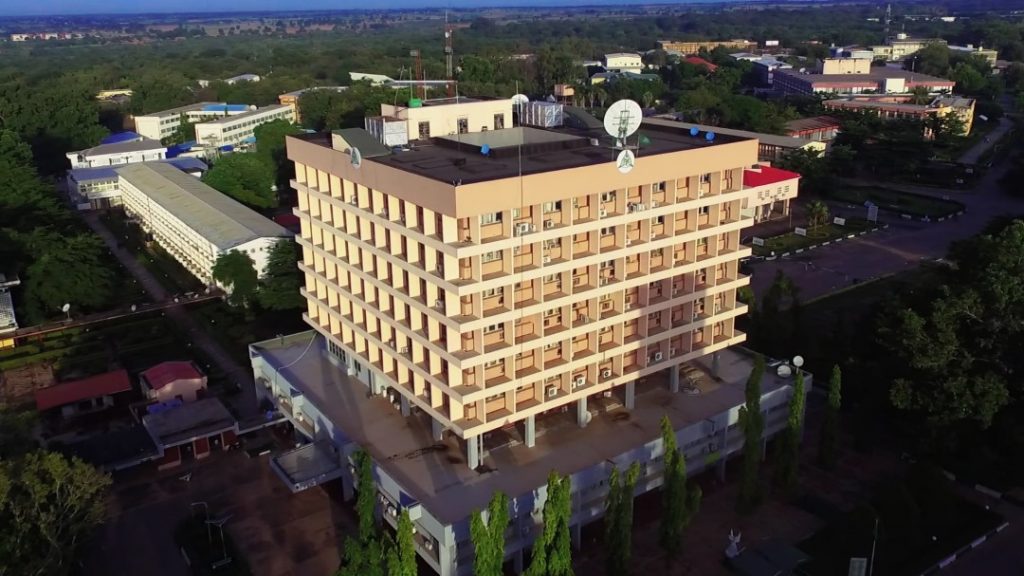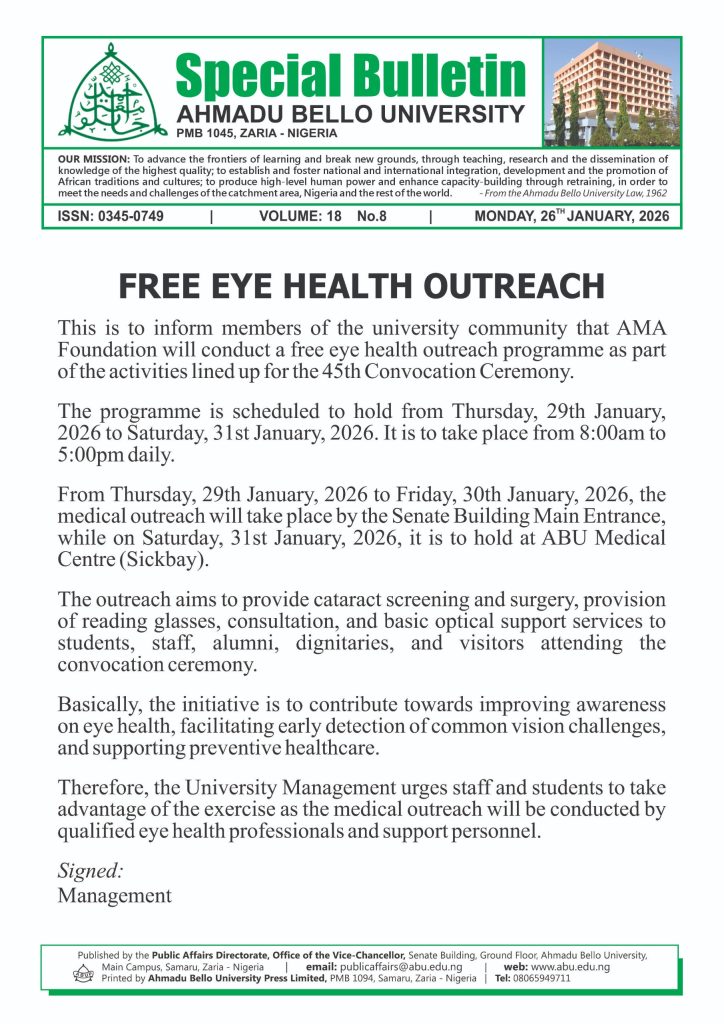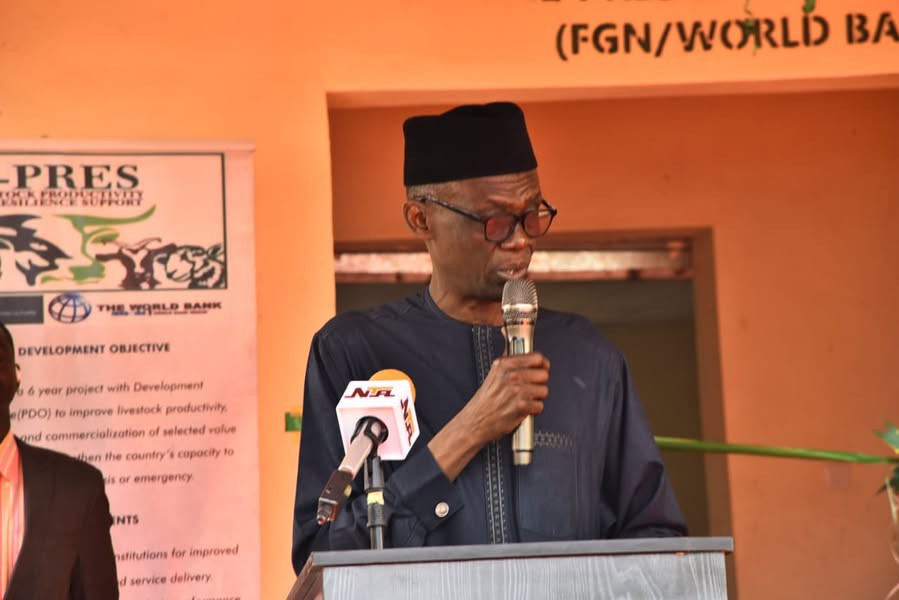Expert lists climate change impacts on Nigerian agriculture
Rising temperatures and changing precipitation patterns, increased frequency and severity of droughts and floods, as well as shifts in growing seasons and crop suitability are some of the impacts of climate change on agriculture in Nigeria that need to be drastically addressed, according to Prof. Sani Miko.
Prof. Miko also fingered changes in pest and disease dynamics, and impacts on livestock productivity and health as other effects of climate change on agricultural activities in Nigeria.
Miko disclosed this when he gave a keynote lecture at this year’s National Agricultural Extension Review and Planning Meeting held at the National Agricultural Extension and Research Liaison Services (NAERLS), Ahmadu Bello University, Zaria.
The keynote speaker, who was Country Director, SG (Sasakawa Global) 2000, Nigeria, teaches at the Faculty of Agriculture, Bayero University, Zaria.
Prof. Miko, who was also Dean of Agriculture, Bayero University, Kano, explained that warmer temperatures and altered rainfall patterns in Nigeria affect crop growth, leading to reduced yields and lower quality produce.
He said floods, droughts, and heat waves are becoming more frequent, damaging crops and disrupting agricultural activities and that changes in temperature and rainfall patterns are altering the timing of growing seasons, making it challenging for farmers to adapt.
The don also explained that warmer temperatures and changing precipitation patterns are favouring the spread of diseases while increased carbondioxide levels are altering the distribution and prevalence of disease vectors like ticks and mosquitoes.
Prof. Miko further explained that increased temperatures cause heat stress in livestock, leading to reduced productivity, fertility issues, and increased mortality rates and that changes in precipitation patterns affect water availability, impacting livestock hydration and feed quality.
Miko, however, recommended a number of measures that can address the challenges, saying that the national climate change policy should be functionalised.
He also recommended that institutional capacity building for climate change should be conducted and that climate information services must be installed and equipped with early warning systems.
Prof. Miko further suggested for the promotion of incentives for climate-resilient agriculture adoption and development of climate-resilient agriculture strategies and plans.
………………….
Public Affairs Directorate,
Office of the Vice-Chancellor,
Ahmadu Bello University, Zaria
(NAM)
Tuesday, 3rd December, 2024



